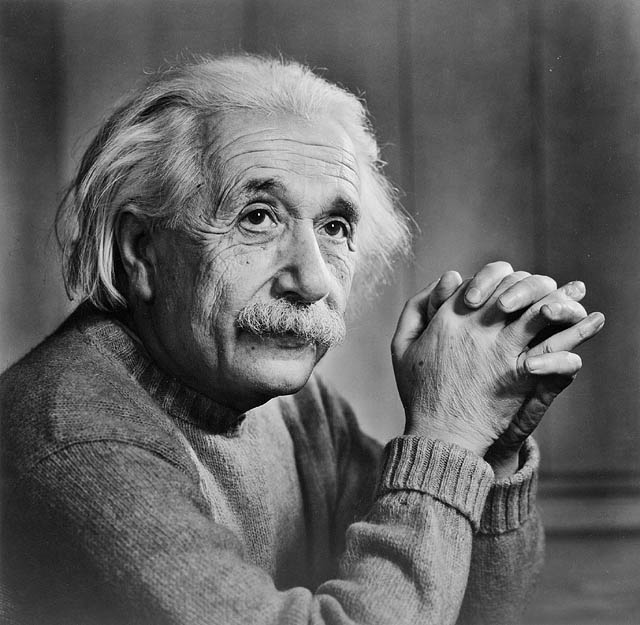For this week, we were assigned two readings which took a slightly alternative study of memory.
1. Roland Barthes- Camera Lucida
In essence, Barthes aims to provide an alternative insight into photography, asserting its classification as more than just a form of observation and perspective, while focusing specifically on the subsequent connection between the fundamental roles of emotion and subjectivity in the process. Ultimately, Barthes adheres to this apparent new consciousness presented by Photography, expressing a multitude of perspectives surrounding the notion of capturing its existential qualities of time and space. Moreover, Barthes successfully extracts the ‘study’ of photograph out of the realm of analysis, devising a new form of scientific examination. Essentially, by constructing such a customized framework, Barthes transitions beyond conventional determinations of art and technicality and draws upon matters of absolute subjectivity.
favourie quotes:
“I wasn’t sure that photography existed; that is had a ‘Genius’ of its own.” (pg 3)
“The This, in short, what Lacan calls the Tuche, the Occasion, the Encounter, the Real in its indefatigable expression.” (pg 4)
“the photograph is never anything but an aniphon of ‘Look’, ‘See’, ‘Here it is’, it points a finger at a certain vis-à-vis and cant escape the pure deictic language.” (pg 5)
“I possessed only two two experiences; that of the observed subject and that of the subject observing.” (pg 10)
“each time I am photographed.. I invariably suffer from a sensation of unauthenticity, sometimes of imposture.” (pg 13)
“for me, the photographers organ is not the eye (which terrifies me) but his finger.” (pg 15)

2. A Neurologists Notebook:
The Minds Eye
What the Blind See: Oliver Sacks
In Sack’s ‘The Minds Eye’, a consistent tension between fixation and flexibility within the human brain is evidently portrayed within his cohesive study of the dual relations between the mind and the brain. While Sacks inherently allows for sense of a multi-dynamic and extensively complex neuroplasticitical analysis, the author simultaneously highlights the various mirroring aspects articulated when uncovering the interrelation between experience and creative capabilities. Further, Sacks relentless questioning, “But to what extent are we—our experiences, our reactions—shaped, predetermined, by our brains, and to what extent do we shape our own brains?” reveals the underlying dilemma we face as humans when attempting to decipher between what is within our reach of control and what is beyond it; physically and psychologically.
“when phrenology was at its height, and the brain was seen as a mosaic of “little organs” subserving everything from language to drawing ability to shyness.” (pg1)
indicated a brain-mind organ beneath), neurology and neuroscience have stayed close to the idea of brain fixity and localization—the notion,in particular, that the highest part of the brain, the cerebral cortex, is effectively programmed from birth: this part to vision and visual processing, that part to hearing, that to touch, and so on.
“But to what extent are we—our experiences, our reactions—shaped, predetermined, by our brains, and to what extent do we shape our own brains?” (pg1)
“He seemed to regard this loss of visual imagery as a prerequisite for the full development, the height-ening, of his other senses” (pg2)
Additional Notes;
Neuroplasticity, also known as brain plasticity, is an umbrella term that encompasses both synaptic plasticity and non-synaptic plasticity—it refers to changes in neural pathways and synapses due to changes in behavior, environment, neural processes, thinking, emotions, as well as changes resulting from bodily injury.
FILM : MEMENTO (2000) – Christopher Nolan
The psychological thriller and neo-noir film Memento, directed and written by Christopher Nolan in 2000, was inspired by his brother’s short story Memento Mori. Nolan is known for his dark psychological thrillers that often have non-linear timelines. His films usually begin with the films end scene, and conclude with characters resolving or describing issues or events presented in the film but never fully explained. Nolan also has a recurring theme of justified dishonesty and vengeance for the death of a loved one in his films, which Memento is centered around. Nominated for two academy awards for Original Screenplay and Film Editing, this noir film low budget film follows main character Leonard Shelby on his quest for vengeance for the murder of his wife.
Interesting Insight into FIlm – http://www.avclub.com/article/imementois-puzzle-structure-hides-big-twists-and-b-88452










